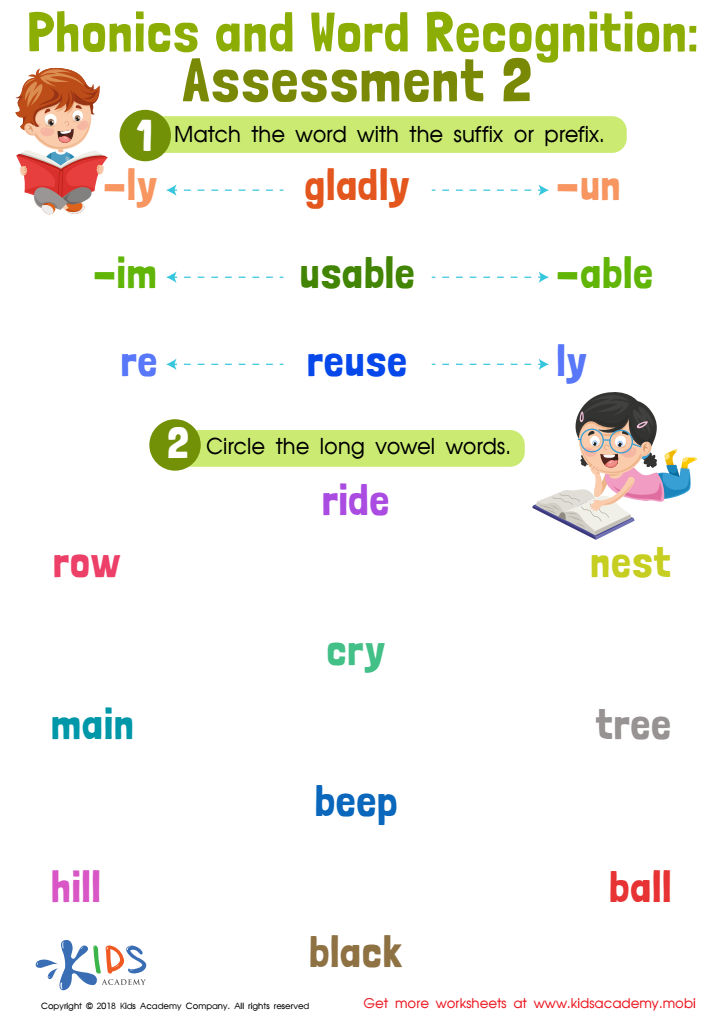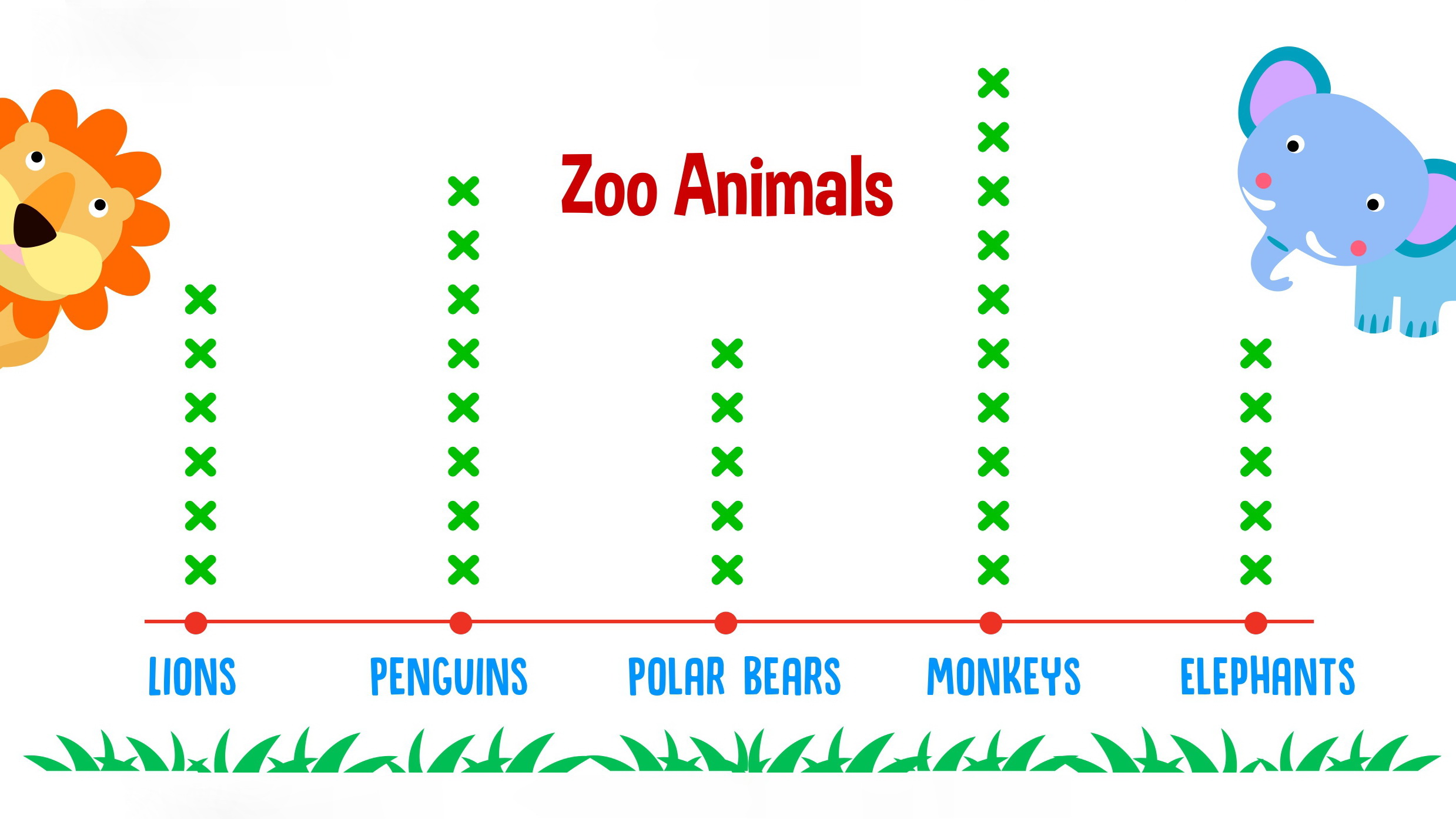Phonics worksheets activities for 7-Year-Olds
4 filtered results
-
From - To


Let's Check Long Vowels: Assessment Worksheet


Long and Short Vowel Sentences: Assessment Worksheet


Phonics and Word Recognition: Assessment 1 Worksheet


Phonics and Word Recognition: Assessment 2
Phonics worksheets activities are an essential tool in the foundational stage of a child's reading journey. These activities are specifically designed to enhance a child's understanding of the relationship between letters and sounds, which is crucial for reading fluency and comprehension. Here’s why phonics worksheets activities are so useful:
-
Structured Learning: Phonics worksheets provide a structured way for children to engage with the sounds of the English language. This structured approach helps children systematically understand and apply the rules of phonics, making the learning process more manageable and less overwhelming.
-
Reinforcement of Learning: The repetitive nature of phonics worksheets activities helps reinforce learning. As children practice the same sound-letter combinations through different worksheets, their ability to recall and apply these combinations improves significantly. This repetition solidifies their learning and builds a strong foundation for reading.
-
Visual and Auditory Learning: Phonics worksheets often combine visual cues with auditory exercises, catering to different learning styles. Children not only see the letters and words but also connect them with sounds, enhancing both their visual and auditory learning pathways. This multisensory approach is proven to be effective in improving phonetic skills.
-
Independent Learning: Worksheets provide an opportunity for children to work independently at their own pace. This independence fosters a sense of achievement and confidence in their abilities. Moreover, it allows educators and parents to identify areas where the child might need further assistance, facilitating targeted support.
-
Engagement and Fun: Last but not least, phonics worksheets activities are designed to be engaging and fun. Through games, puzzles, and colorful illustrations, children are more likely to stay interested and motivated. This positive association with learning helps maintain their enthusiasm for reading and learning new words.
In summary, phonics worksheets activities are invaluable in the early stages of reading education. They offer a structured, repetitive, and multisensory method of learning that is tailored to the needs of young learners, making them an indispensable tool in the development of literacy skills.
 Assign to the classroom
Assign to the classroom




.jpg)







